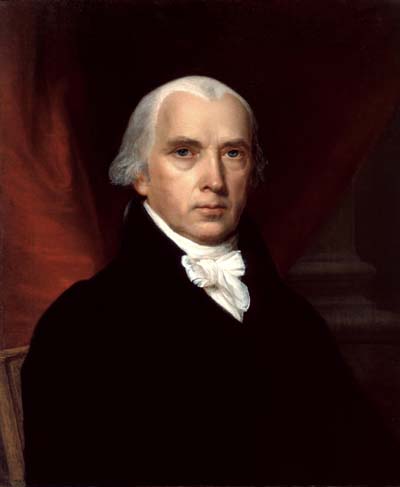Did you know December 15th (this Sunday) is Bill of Rights Day?

Authorized and requested to do so by Congress, President Franklin D. Roosevelt on November 27, 1941, issued Proclamation 2524, establishing December 15 as “Bill of Rights Day,” which “provide[d] for the proper observance of the one hundred and fiftieth anniversary of the adoption of the first ten amendments to the Constitution” (H.R.J. Res. 120, p. 665). Calling the Bill of Rights “the great American charter of personal liberty and human dignity” (1941, para. 3), President Roosevelt observed:
It is fitting that the anniversary of its adoption should be remembered by the Nation which…has enjoyed the immeasurable privileges which that charter guaranteed: the privileges of freedom of religion, freedom of speech, freedom of the press, freedom of assembly, and the free right to petition the Government for redress of grievances.
It is especially fitting that this anniversary should be remembered and observed by those institutions of a democratic people which owe their very existence to the guarantees of the Bill of Rights: the free schools, the free churches, the labor unions, the religious and educational and civic organizations of all kinds which, without the guarantee of the Bill of Rights, could never have existed; which sicken and disappear whenever, in any country, these rights are curtailed or withdrawn. (Roosevelt, 1941, para. 4-5)
Want to observe Bill of Rights Day by reading about the triumphs and challenges these treasured principles have endured these past 222 years? Check out these resources at the University Library and the College of Law Library – click on the Amendment to run Subject searches in our GIL-Find Catalog:

- 1st Amendment – Congress shall make no law respecting an establishment of religion, or prohibiting the free exercise thereof; or abridging the freedom of speech, or of the press; or the right of the people peaceably to assemble, and to petition the Government for a redress of grievances.
- 2nd Amendment – A well regulated Militia, being necessary to the security of a free State, the right of the people to keep and bear Arms, shall not be infringed.
- 3rd Amendment – No Soldier shall, in time of peace be quartered in any house, without the consent of the Owner, nor in time of war, but in a manner to be prescribed by law.
- 4th Amendment – The right of the people to be secure in their persons, houses, papers, and effects, against unreasonable searches and seizures, shall not be violated, and no Warrants shall issue, but upon probable cause, supported by Oath or affirmation, and particularly describing the place to be searched, and the persons or things to be seized.
- 5th Amendment – No person shall be held to answer for a capital, or otherwise infamous crime, unless on a presentment or indictment of a Grand Jury, except in cases arising in the land or naval forces, or in the Militia, when in actual service in time of War or public danger; nor shall any person be subject for the same offence to be twice put in jeopardy of life or limb; nor shall be compelled in any criminal case to be a witness against himself, nor be deprived of life, liberty, or property, without due process of law; nor shall private property be taken for public use, without just compensation.
- 6th Amendment – In all criminal prosecutions, the accused shall enjoy the right to a speedy and public trial, by an impartial jury of the State and district wherein the crime shall have been committed, which district shall have been previously ascertained by law, and to be informed of the nature and cause of the accusation; to be confronted with the witnesses against him; to have compulsory process for obtaining witnesses in his favor, and to have the Assistance of Counsel for his defence [sic].
- 7th Amendment – In Suits at common law, where the value in controversy shall exceed twenty dollars, the right of trial by jury shall be preserved, and no fact tried by a jury, shall be otherwise re-examined in any Court of the United States, than according to the rules of the common law.
- 8th Amendment – Excessive bail shall not be required, nor excessive fines imposed, nor cruel and unusual punishments inflicted.
- 9th Amendment – The enumeration in the Constitution, of certain rights, shall not be construed to deny or disparage others retained by the people.
- 10th Amendment – The powers not delegated to the United States by the Constitution, nor prohibited by it to the States, are reserved to the States respectively, or to the people.
And also check out the Bill of Rights Institute website – while geared toward K-12 students, the interactive games “Are They Watching You?” and “Life Without the Bill of Rights?” are still enlightening.
Citations:
H.R.J. Res. 120, 77th Cong., 55 Stat. 665 (1941).
Roosevelt, F.D. (1941, November 27). Proclamation 2524 – Bill of Rights Day. Online by Gerhard Peters and John T. Woolley, The American Presidency Project. Retrieved from http://www.presidency.ucsb.edu/ws/?pid=16046.
